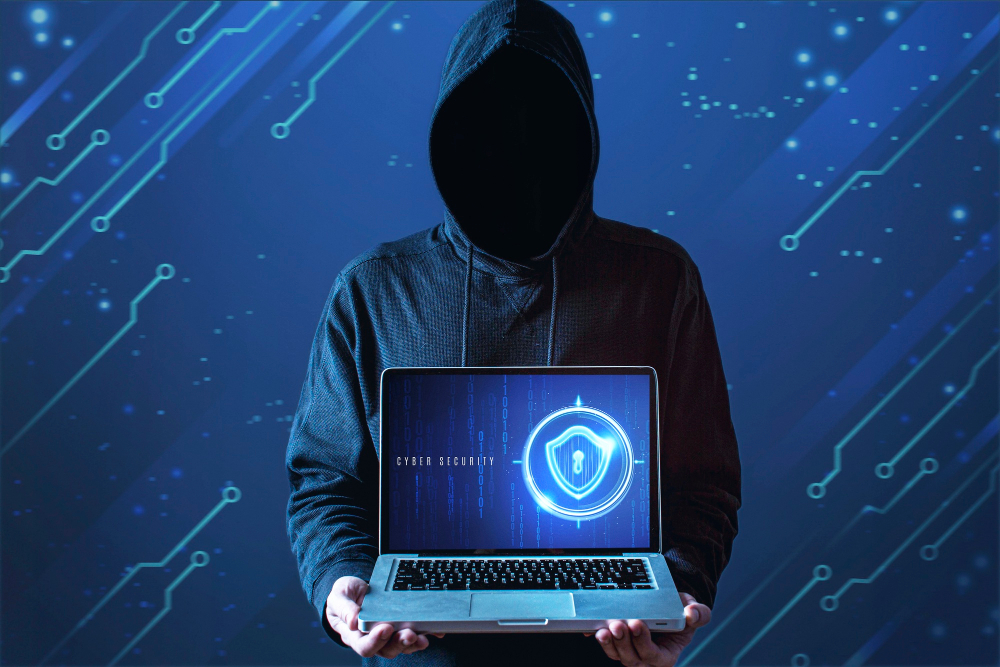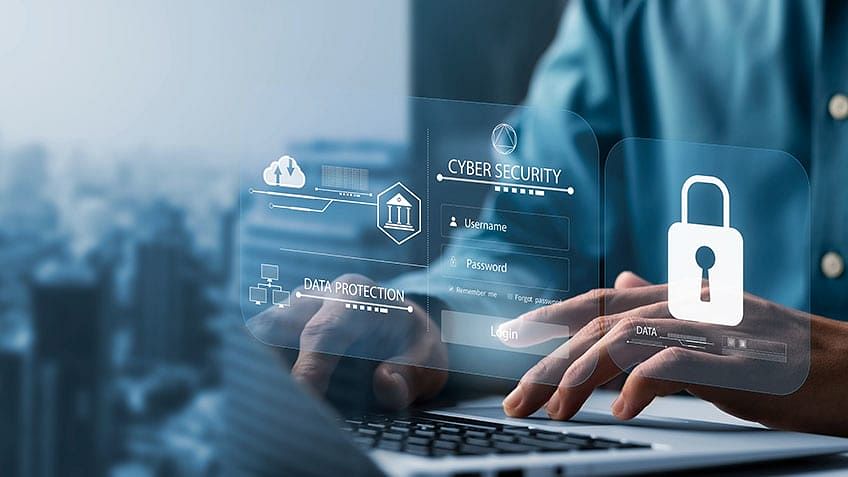How to Secure Your Digital Life from Cyber Threats: A Comprehensive Guide

Exploring the realm of digital security and cyber threats, this guide offers valuable insights and practical tips to safeguard your online presence. From understanding the importance of cybersecurity to implementing best practices, this introduction sets the stage for a proactive approach towards protecting your digital assets.
As we delve deeper into the nuances of securing your digital life, you will discover key strategies and essential information that can help you navigate the complex landscape of cyber threats with confidence and resilience.
Importance of Cybersecurity

Securing your digital life against cyber threats is crucial in today's interconnected world where technology plays a vital role in our daily lives. Cybersecurity is essential to protect sensitive information, personal data, financial assets, and overall digital well-being.
Potential Risks of Cyber Threats
Cyber threats pose various risks to individuals and organizations, including:
- Data Breaches: Unauthorized access to confidential information can lead to identity theft, financial loss, and reputational damage.
- Malware Attacks: Malicious software can infect devices, steal data, and disrupt operations.
- Phishing Scams: Deceptive emails or messages aim to trick users into revealing personal information or login credentials.
Impact of Cyber Attacks
Cyber attacks can have devastating consequences on individuals and organizations:
- Financial Loss: Cyber attacks can result in significant financial losses due to data theft, ransom demands, or operational disruptions.
- Reputational Damage: A security breach can tarnish the reputation of individuals or businesses, leading to a loss of trust from customers and partners.
- Legal Consequences: Non-compliance with data protection regulations can result in fines, lawsuits, and other legal liabilities.
Best Practices for Securing Your Digital Life

In today's digital age, ensuring the security of your online presence is more crucial than ever. By following best practices for cybersecurity, you can protect your valuable digital assets from various threats.
Use Strong, Unique Passwords
One of the fundamental practices for securing your digital life is using strong, unique passwords for all your online accounts. Avoid using easily guessable passwords like "123456" or "password." Instead, create complex passwords that include a mix of letters, numbers, and special characters.
Additionally, it is essential to use a different password for each account to prevent a single data breach from compromising all your accounts.
Keep Software and Devices Updated
Regularly updating your software and devices is crucial in preventing cyber threats. Software updates often contain security patches that fix vulnerabilities that hackers can exploit. By keeping your operating system, apps, and antivirus software up to date, you reduce the risk of falling victim to cyber attacks.
Secure Communication Methods
In today's digital age, ensuring secure communication methods is essential to protect sensitive information from cyber threats.
End-to-End Encryption for Messaging Apps
End-to-end encryption is a secure communication method that ensures only the sender and the recipient can read the messages, making it difficult for cybercriminals to intercept and decipher the content.
Avoiding Public Wi-Fi Networks
Public Wi-Fi networks are often unsecured, leaving your sensitive communications vulnerable to eavesdropping and hacking. It is crucial to avoid using public Wi-Fi for confidential conversations or sharing sensitive data.
Virtual Private Networks (VPNs)
Virtual Private Networks (VPNs) create a secure connection over the internet, encrypting the data transmitted between your device and the VPN server. This enhances security and privacy, especially when using public Wi-Fi networks or accessing sensitive information online.
Data Protection Strategies
Protecting your data from cyber threats is crucial in today's digital age. Implementing effective data protection strategies can help prevent data loss and keep your sensitive information secure.
Backing Up Important Data
Backing up your important data is essential to prevent permanent loss in case of cyber attacks or hardware failures. Regularly backing up your files to an external hard drive, cloud storage, or a secure server ensures that you can recover your data if it is compromised.
Data Encryption
Data encryption is a technique used to secure sensitive information by encoding it in a way that only authorized users can access it. By encrypting your data, you add an extra layer of protection against hackers and cybercriminals who may try to steal your personal information.
Securing Physical Devices
Securing physical devices that store personal data, such as laptops, smartphones, and external hard drives, is equally important. Implementing measures like setting up strong passwords, enabling biometric authentication, and using encryption on devices can help safeguard your data from unauthorized access.
Recognizing and Avoiding Phishing Scams
Phishing scams are a common tactic used by cybercriminals to deceive individuals into providing sensitive information. It is crucial to be able to identify these scams and take necessary precautions to avoid falling victim to them.
Identifying Common Signs of Phishing Emails and Messages
- Look out for generic greetings or urgent language that creates a sense of panic.
- Check for spelling and grammatical errors, as legitimate companies usually have proofread communications.
- Beware of suspicious attachments or links, especially from unknown senders.
Strategies for Verifying Email Authenticity
- Hover over links to see the actual URL before clicking on them.
- Verify the sender's email address for any misspellings or inconsistencies.
- Reach out to the company directly through their official channels to confirm the legitimacy of the email.
Risks Associated with Falling Victim to Phishing Scams
- Loss of sensitive personal or financial information.
- Potential identity theft or fraud.
- Compromised security leading to further cyberattacks.
Final Summary

In conclusion, safeguarding your digital life from cyber threats is not just a necessity but a proactive step towards ensuring your online safety and privacy. By staying informed, adopting best practices, and remaining vigilant, you can empower yourself to navigate the digital world securely and confidently.
FAQ Corner
How often should I update my passwords?
It is recommended to update your passwords regularly, ideally every 3-6 months, to enhance security and reduce the risk of unauthorized access.
What should I do if I suspect a phishing email?
If you suspect a phishing email, do not click on any links or provide any personal information. Instead, report the email as spam and delete it immediately to prevent any potential risks.
Why is data encryption important?
Data encryption plays a crucial role in protecting sensitive information by converting it into a secure code that can only be accessed by authorized individuals, enhancing overall data security.
How can I verify the authenticity of a website before providing personal information?
Before entering any personal information on a website, ensure that it has a secure connection (https://) and look for trust indicators such as padlock icons to validate its authenticity.
What steps can I take to secure my mobile devices from cyber threats?
To secure your mobile devices, make sure to enable lock screen security, install reputable security apps, avoid downloading apps from unknown sources, and regularly update your device's software.

